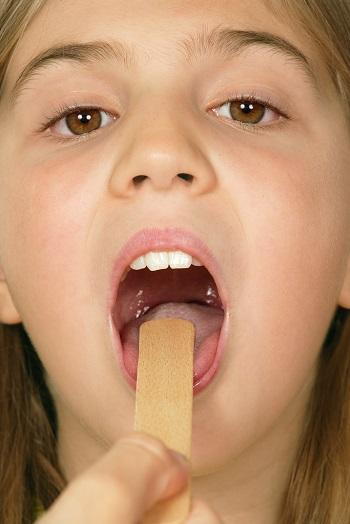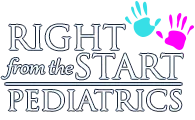 In infants, toddlers and preschoolers, the most frequent cause of sore throats is a viral infection. No specific medicine is required when a virus is responsible, and the child should get better over a seven to ten day period. During this period, your child may develop a fever, but they generally are not very sick.
In infants, toddlers and preschoolers, the most frequent cause of sore throats is a viral infection. No specific medicine is required when a virus is responsible, and the child should get better over a seven to ten day period. During this period, your child may develop a fever, but they generally are not very sick.
It is not uncommon to experience a sore throat when your child has a cold or the flu. Unfortunately, there are other reasons for sore throats to develop that may be symptomatic of more serious problems. Children tend to have sore throats more often than adolescents or adults, with sore throats being the most common during the winter months when upper respiratory infections are more frequent.
The major cause of a sore throat is an infection, whether it is viral or bacterial, and can also be caused by allergies and environmental conditions. If your child has a sore throat that lasts longer than the typical five to seven day duration of a cold or flu, and is not associated with an avoidable allergy or irritation, it is important to contact your local pediatrician. The following are signs and symptoms to alert you to take your child to the pediatrician:
- Severe and prolonged sore throat
- Difficulty breathing
- Difficulty swallowing
- Difficulty opening the mouth
- Joint pain
- Earache
- Rash
- Fever that is over 101 degrees
- Frequent recurring sore throat
- Lump in the neck
- Hoarseness lasting over two weeks
At the first onset of a sore throat it is always important to monitor the progress and recognize any other symptoms that may accompany the sore throat, which could cause it to worsen into strep throat, inflamed tonsils, or laryngitis. Contact your pediatrician if your child is experiencing a sore throat that won’t go away. Your pediatrician will help diagnose and treat your child’s symptoms.








